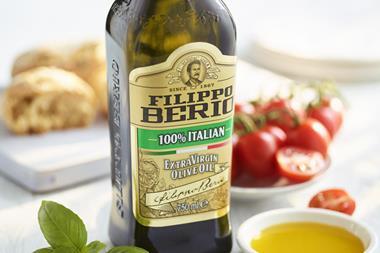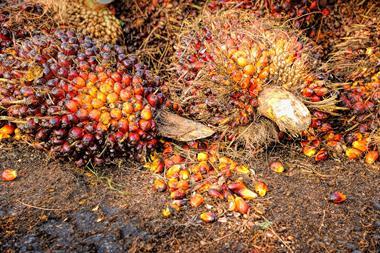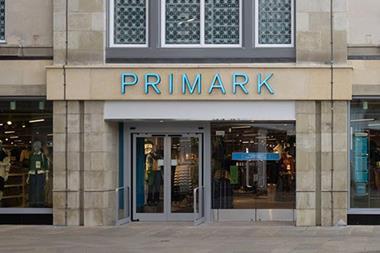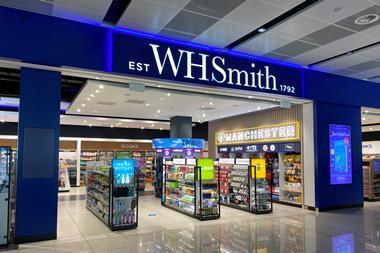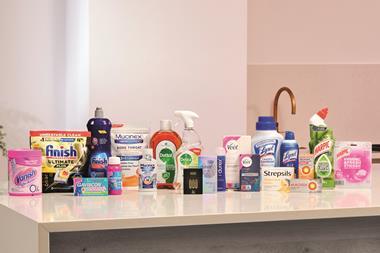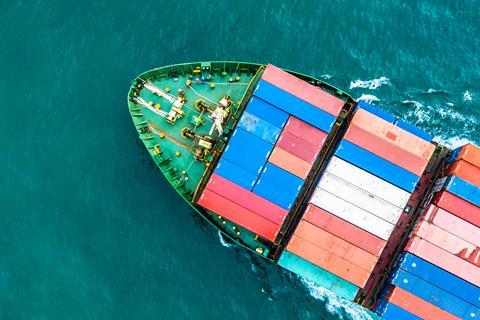
The surging food prices seen over the past year are likely to peak in the coming months, according to commodity experts Mintec.
“We are likely going to see a lot of commodities topping out just around spring”, said Jesper Christiansen, senior analyst with Mintec.
Food commodity prices have surged over the past year-and-a-half due to a knot of factors, including the coronavirus pandemic and related restrictions, a quadrupling of shipping costs caused in part by high demand for tech and pharma goods, as well as jumps in energy prices that in turn made farming and food production more expensive.
Commodity prices, according to Christiansen, “tend to move in the same direction, like schools of fish”.
However the “uncertainties” that spurred the rises were now starting to tail off, suggested Christiansen, who expected hard commodities such as metals to top out first, followed by energy.
“Soft commodities are the last to move,” Christiansen said. “In general you will start to see movements in metals like steel before you see movements in grains and oilseeds and so on.”
Last month the UN’s Food and Agriculture Organization said though its global Food Price Index was up around 23% year on year, December saw a dip of 0.9% compared with the month before, suggesting a peak could have been reached.
However, other analysts had earlier forecast continued volatity this year. And even if markets did top out, producers and consumers should not expect prices or markets to revert to pre-pandemic levels or norms any time soon. “That’s not something we’re going to see in the next couple of years,” Christiansen said.
What’s the outlook for key food commodities in 2022?
December saw US consumer price inflation hit a 39-year high of 7% compared with the same month in 2020.
Overall Inflation across the OECD area hit 5.8% in November, the highest since 1996, with food prices up 5.5%.
The UK’s December CPI data is to be announced on Wednesday and looks likely to tail the US’s, after CPI hit 5.1% year on year in November and 0.7% month on month.
Food and booze contributed 0.11 percentage points to the UK’s November CPI rise, but that too could be up again.
Data published this month by The Grocer showed prices were hiked on around 10,000 supermarket items at the turn of the year in the UK.
And price rises are set to further squeeze consumers already hard-hit by soaring petrol and electricity costs.
“I am really concerned about household budgets,” said Walter Zanre, MD of olive oil giant Filippo Berio UK. “We’re already a relatively expensive product,” he said.
The introduction of border checks in the UK on EU-sourced goods is likely to further complicate supply chains for importers from the bloc.
Roger Kerr, CEO of Organic Farmers and Growers, said “UK businesses are incurring additional costs” due to controls.







